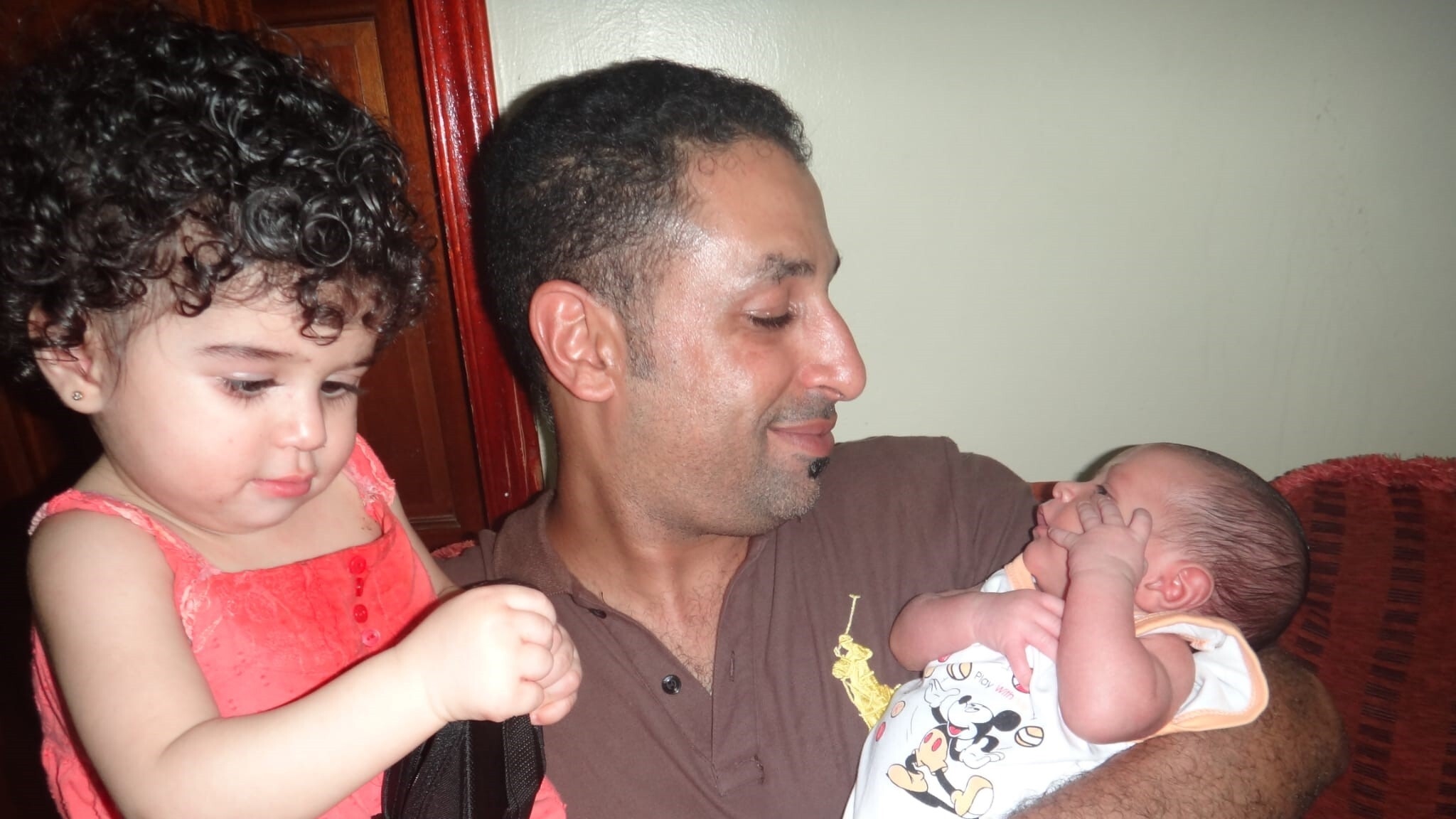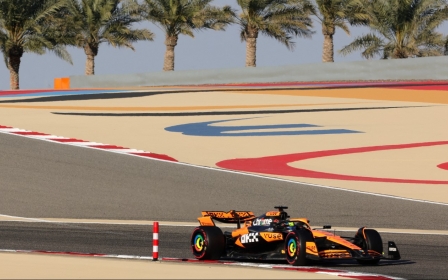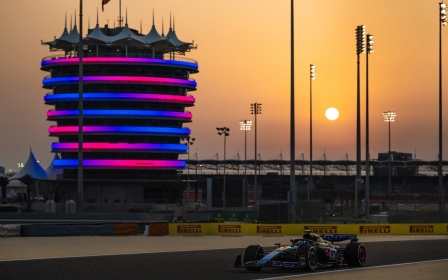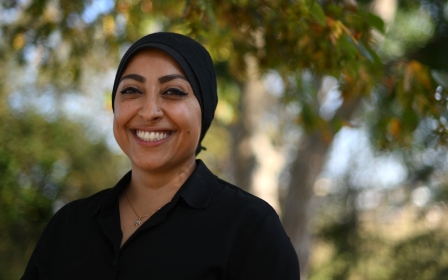Bahrain amnesty: Which political prisoners have been released?

Rights campaigners were taken by surprise on Tuesday after the authorities in Bahrain unconditionally released 1,500 prisoners in the biggest royal pardon since the 2011 Arab Spring uprisings.
Among those released were a number of political prisoners, even if the most high profile dissidents - such as Abdulhadi al-Khawaja, Abduljalil al-Singace or Hassan Mushaima - were not set free.
"Many of those released were originally convicted of violent crimes or public disorder offences. All bail or related fees have been waived," the government's communications office said in a statement.
Bahraini pro-democracy activists welcomed the releases, but noted that far more still needed to be done including the release of all remaining political prisoners.
"With the stroke of a pen, the King of Bahrain released nearly half of the political prisoners, some of whom were serving life sentences," said Sayed Ahmed Alwadaei, the head of the UK-based Bahrain Institute for Rights and Democracy (BIRD), speaking to Middle East Eye. "The joy in the streets of Bahrain is unparalleled, as rejoicing families, some of whom have waited for over a decade for the release of their beloved, are finally reunited.
New MEE newsletter: Jerusalem Dispatch
Sign up to get the latest insights and analysis on Israel-Palestine, alongside Turkey Unpacked and other MEE newsletters
"The spotlight is now those who remain unlawfully sentenced, some of whom are on death row. Opposition leaders and activists such as Abdulhadi al-Khawaja, Hassan Mushaima, Sheikh Ali Salman and Dr Abduljalil al-Singace, were not part of the pardon, and should be immediately and unconditionally released.”
Middle East Eye takes a look at some of those who have been released:
Naji Fateel
Naji Fateel, a leading figure in the Bahrain Youth Society for Human Rights (BYSHR) was released on Monday after 11 years in prison.
As a right campaigner and democracy activist, he was heavily active in the 2011 demonstrations calling for greater democracy in Bahrain and helped document abuses committed by the authorities.
Although his most recent bout in prison began in May 2013, he was no stranger to state repression before that, having been jailed and subjected to torture since 2007.
Following his arrest in 2013, he was allegedly tortured severely for days during which he lost consciousness and needed hospital treatment twice.
"He loves people. He was always a guy who would attempt to help whoever seeks his help, even if it costs him," his wife Fatima told MEE last year.
Sayed Nizar Alwadaei and Sayed Hashem Alwadaei
Sayed Nizar Alwadaei and Sayed Hashem Alwadaei are the brothers-in-law of Sayed Ahmed Alwadaei.
Their imprisonment is believed to have been carried out to apply pressure on Sayed Ahmed, who has become one of the most prominent critics of the Bahraini government in the diaspora.
Sayed Nizar was convicted - along with his mother Hajer Mansoor - on 30 October 2017 on fabricated charges of planting a fake bomb following a flawed trial.
Though Hajer Mansoor was released in 2020, her son remained in prison until Monday.
UN experts previously condemned their "arbitrary arrest and detention, inhumane and degrading treatment, as well as treatment amounting to torture".
Sayed Hashem Alwadaei was arrested in February 2024 from his home in the village of A'ali.
Sheikh Hasan Isa
Sheikh Hasan Isa is a prominent Shia cleric and former member of parliament for al-Wefaq, the now banned Islamist movement that was once the country's most powerful opposition group.
He was first arrested at Bahrain International Airport on 18 August 2015 on his return from a family vacation in Iran over suspicion of funding a "terrorist group".
In March 2017, he was sentenced to 10 years in prison.
Video posted on social media showed supporters welcoming his release from prison:
Americans for Human Rights and Democracy in Bahrain (AHRDB) said he was "arbitrarily arrested, threatened, and subjected to an unfair trial".
They said as a result of his incarceration, he had "exhibited symptoms of deteriorating vision, pain in his knee, high blood pressure, and a skin condition brought on by stress", and noted he had "also twice been hospitalised for kidney stones".
Mahmoud al-Jaziri
Jaziri was a reporter for al-Wasat, which before its closure was referred to as the last independent newspaper in Bahrain.
He was arrested in December 2015 on charges of belonging to a terrorist group and was handed a 15-year-jail sentence.
According to the Committee to Protection Journalists he was also stripped of his citizenship and subjected to beatings and other abusive treatment while in jail.
In April 2020, he was moved to solitary confinement for at least four days after he managed to release a recording from Jaw Prison about the facility’s lack of containment measures to deal with Covid-19.
Middle East Eye delivers independent and unrivalled coverage and analysis of the Middle East, North Africa and beyond. To learn more about republishing this content and the associated fees, please fill out this form. More about MEE can be found here.




